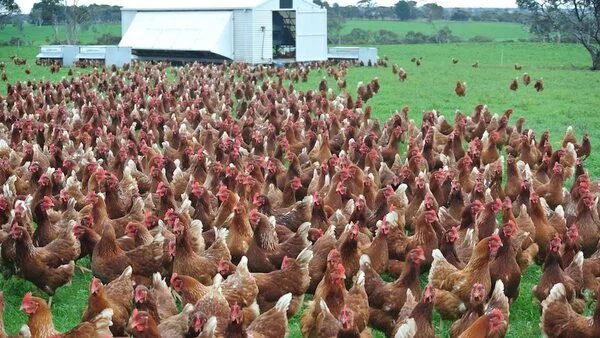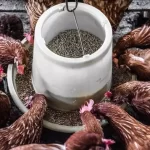Kienyeji Chicken top 10 diseases
Kienyeji chickens, also known as indigenous or local chickens, are popular in many parts of Africa due to their adaptability and resilience. Like any livestock, they can be susceptible to various diseases.
Here are ten common diseases that can affect kienyeji chickens:
- Newcastle Disease: A highly contagious viral disease that affects the respiratory, digestive, and nervous systems of chickens. It can cause high mortality rates in infected flocks.
- Infectious Bursal Disease (Gumboro Disease): A viral disease that primarily affects young chickens, causing immunosuppression and affecting the bursa of Fabricius, an organ involved in the immune system.
- Avian Influenza (Bird Flu): A viral disease that can have different strains, some of which can cause severe illness and high mortality rates in poultry. It is also a zoonotic disease, meaning it can be transmitted to humans.
- Coccidiosis: A parasitic disease caused by coccidia, which affects the intestines of chickens. It can lead to diarrhea, weight loss, and decreased productivity.
- Fowl Cholera: A bacterial disease caused by Pasteurella multocida. It can cause respiratory and systemic infections, leading to high mortality rates if left untreated.
- Fowl Typhoid: A bacterial disease caused by Salmonella gallinarum. It affects the digestive system and can cause symptoms such as diarrhea, reduced appetite, and weight loss.
- Infectious Coryza: A bacterial respiratory disease characterized by nasal discharge, swelling of the face, and respiratory distress. It can lead to reduced egg production and poor growth in chickens.
- Marek's Disease: A viral disease that affects young chickens, causing tumors, paralysis, and immunosuppression. It can result in significant economic losses in commercial poultry.
- Ectoparasites: Various external parasites like mites and lice can infest kienyeji chickens, causing irritation, feather loss, anemia, and decreased productivity.
- Internal Parasites: Worm infestations, such as roundworms and tapeworms, can affect the gastrointestinal tract of chickens, leading to poor growth, reduced egg production, and overall weakness.
Prevention, good biosecurity measures, regular vaccination, proper nutrition, and early detection of any signs of illness are crucial for maintaining the health of kienyeji chickens. It is advisable to consult a veterinarian or poultry expert for specific guidance on disease prevention and control measures.


